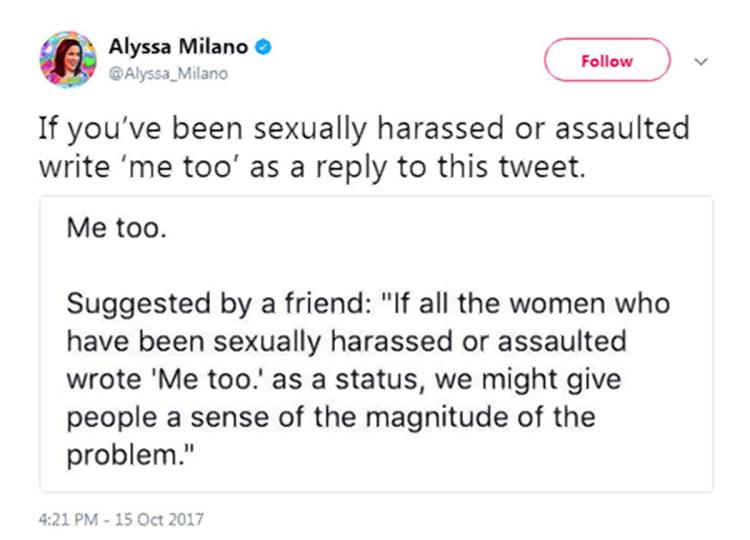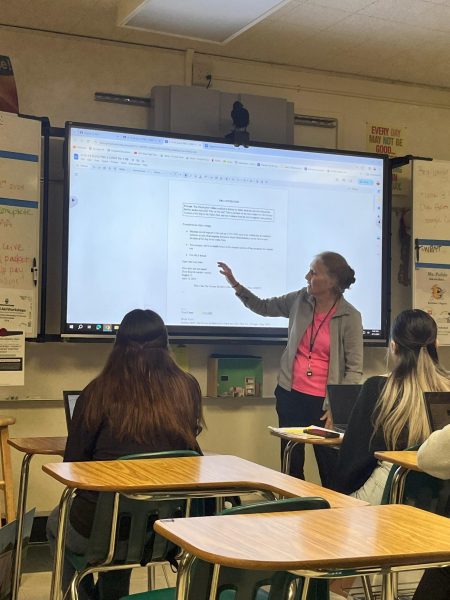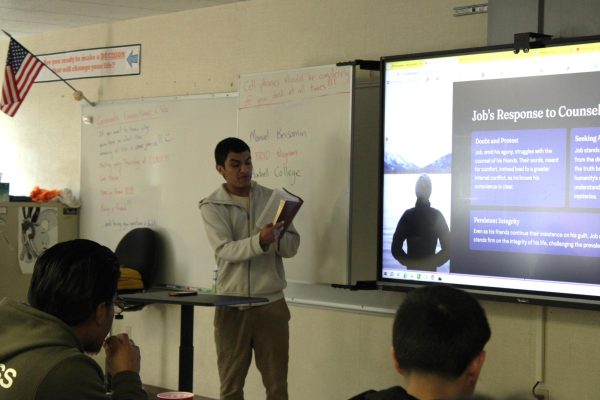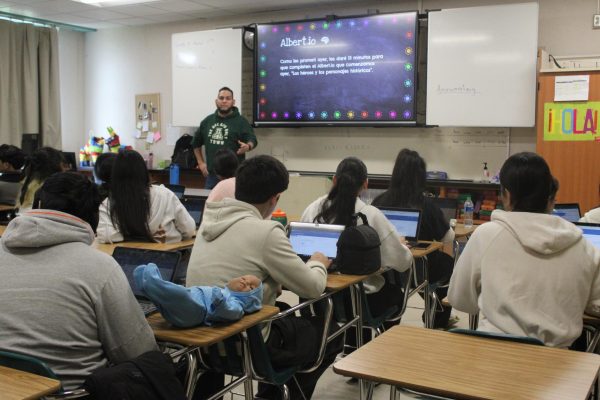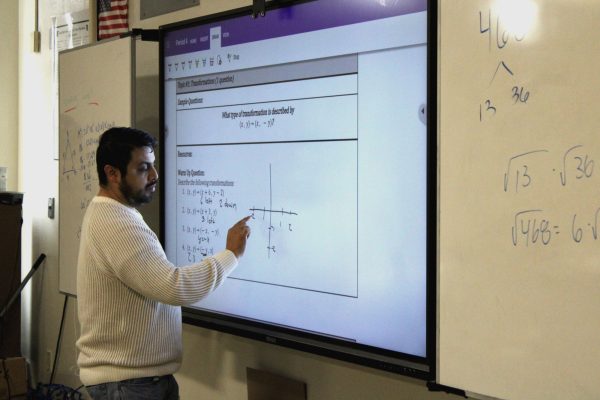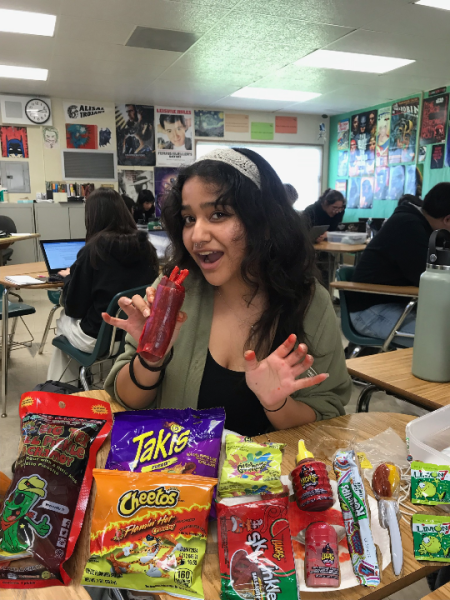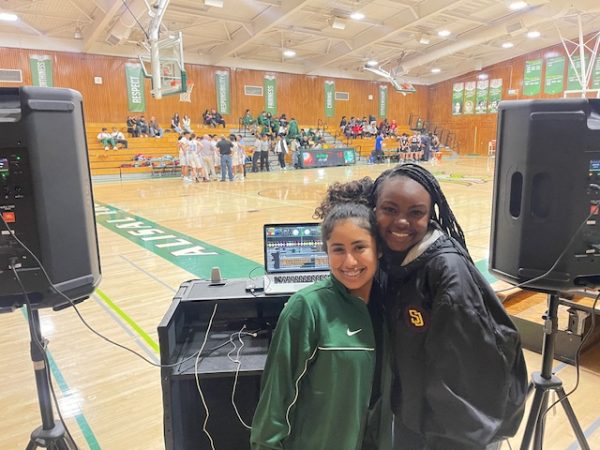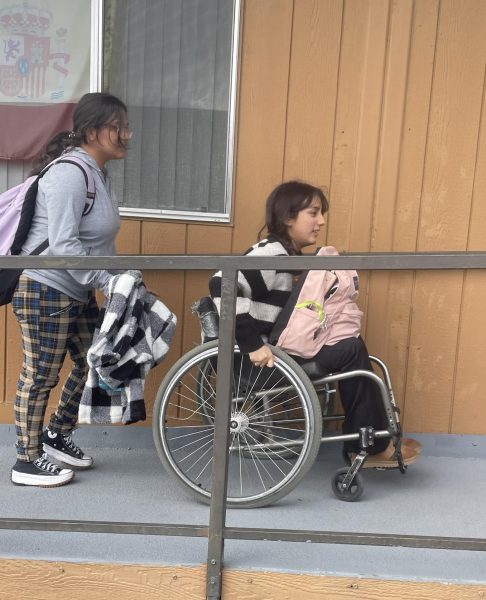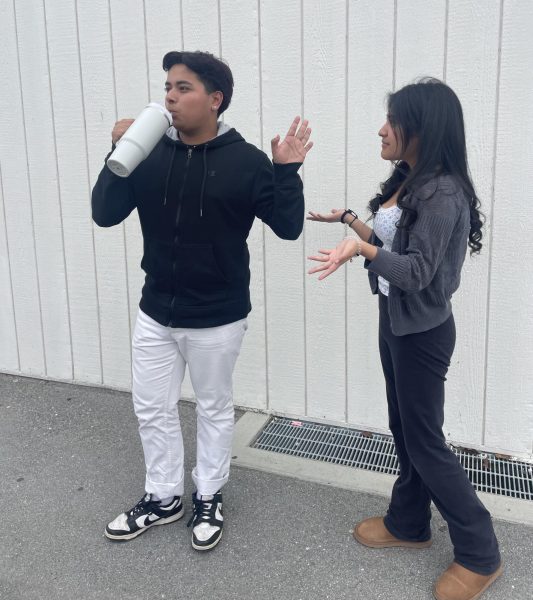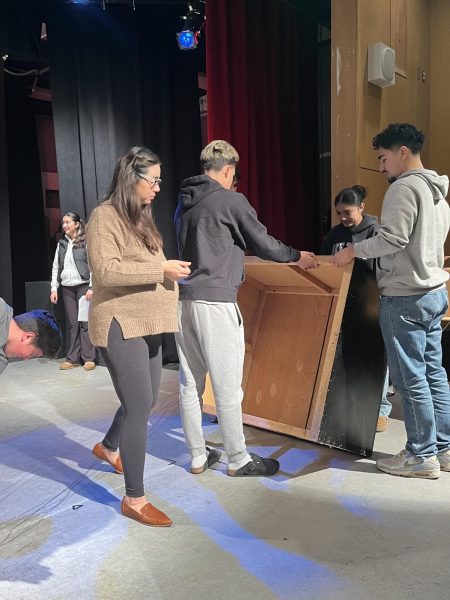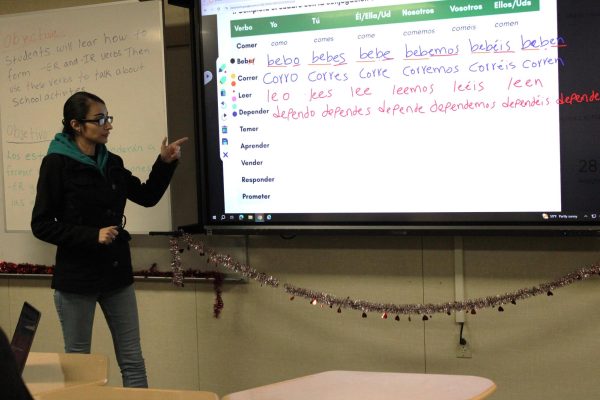The #Metoo movement
Actress, Alyssa Milano, starting the movement of #MeToo, in the wake of the Harvey Weinstein scandal with a single tweet.
In the wake of the Weinstein allegations of sexual assault and harassment in Hollywood, the #Metoo has been a popular movement on social media over the last couple of weeks, by raising awareness of the issue in American society.
Harvey Weinstein, an American film producer, a former film studio executive, co-founder of Miramax, and co-chairman of The Weinstein Company has been accused by over sixty women of sexual assault or rape starting the month of October. Many of the victims – Angelina Jolie, Gwyneth Paltrow, Ashley Judd, Lupita Nyong’o, and Asia Argentoare – are currently working in Hollywood.
The movement was started by actress, Alyssa Milano, a victim of sexual assault by Weinstein. The actress started the #Metoo to spread the word of how women have been victimized by men. She stated in an interview in theguardian, “If all the women who have been sexually harassed or assaulted wrote ‘Me too’ as a status, we might give people a sense of the magnitude of the problem.” In over twenty-four hours, Facebook stated that over 4.7 million people around the world has mentioned the hashtag in their online posts. Some nations, like Mexico or France, use #YoTambien and #balancetonporc.
However, women of color who saw the hashtag pointed out that the Milano did not create the movement because the saying had been used by Tarana Burke in 1997. Burke, who is African American, created the organization to combat sexual harassment and abuse. She was alarmed when she found out what the hashtag has been used for, and commented, “Initially I panicked. I felt a sense of dread, because something that was part of my life’s work was going to be co-opted and taken from me and used for a purpose that I hadn’t originally intended.”
Once Milano realized that the saying had already been invented, she went on “Good Morning America” and gave full credit to Burke. She said, “What the Me Too campaign really does, and what Tarana Burke has really enabled us to do, is put the focus back on the victims.” She contacted Burke two days later and is hoping to collaborate with her. Burke supported what Milano said and stated, “It is bigger than me and bigger than Alyssa Milano. Neither one of us should be centered in this work. This is about survivors.”
The movement inspired Australian journalist and activist, Benjamin Law to create the #HowIWillChange, which urges men to stand up to abuse, rape, cat calling, and so on towards women. He responded, “Guys, it’s our turn. After yesterday’s endless #MeToo stories of women being abused, assaulted and harassed, today we say #HowIWillChange.” Within naming the hastag, the response had over 2,000 retweets and 6,000 likes.
However, some men tweeted how they weren’t part of the problem, but Benjamin Law tweeted back, “ Lots of fragile dudes in my mentions insisting they’re “not part of the problem”. You’re the definition of the problem. Die angry about it.”
Many men who responded positively towards the hashtag tweeted how they will speak up when they see a woman being disrespected. What really hit home was when a person named Jesse tweeted, “#HowIWillChange I will keep showing my three sons and one grandson how to honor and respect women. Guys – meaningful change starts in the home.”
Both hashtags have prompted many responses, with each hashtag having their own story. Each movement gathered support from all over the world. Overall, the point of both is to speak out for those who can’t, to change as a society, and to not silence the victims, but to help them.
By Cassandra Reyes
Your donation will support the student journalists of Alisal High School. Your contribution will allow us to purchase equipment and cover our annual website hosting costs.



